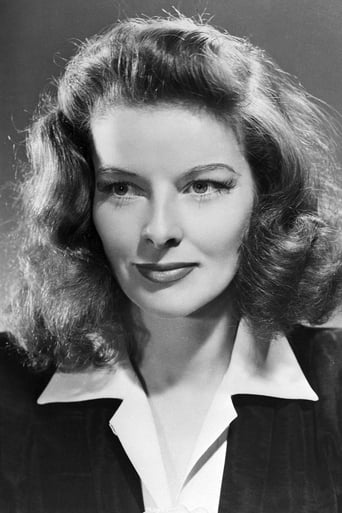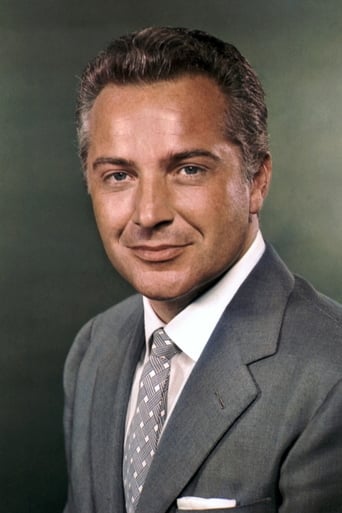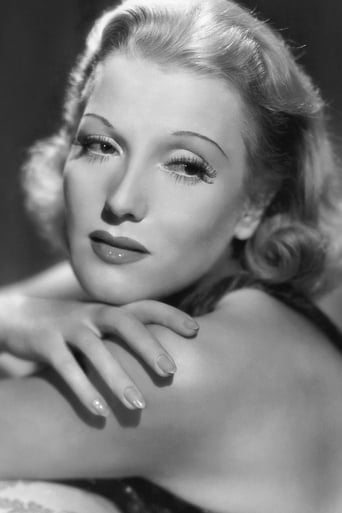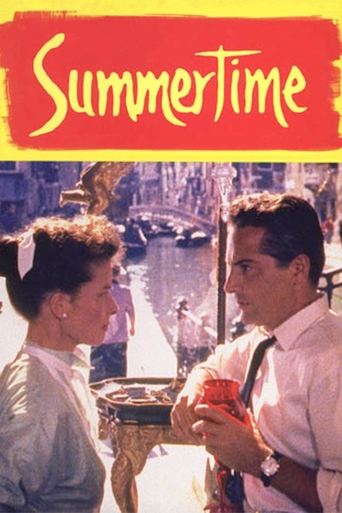
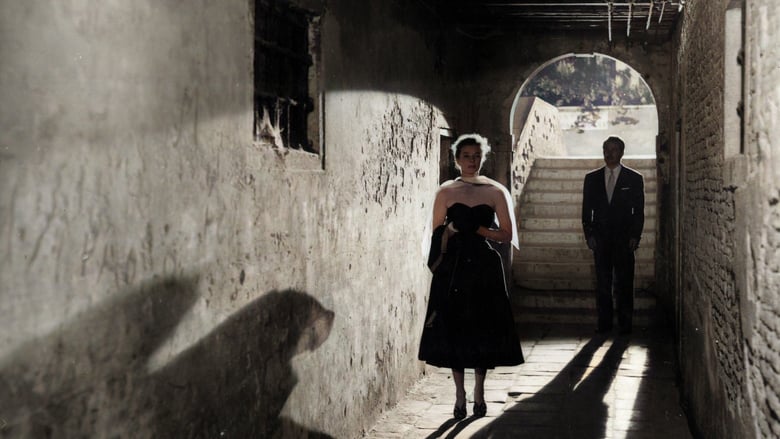
Summertime (1955)
Middle-aged Ohio secretary Jane Hudson has never found love and has nearly resigned herself to spending the rest of her life alone. But before she does, she uses her savings to finance a summer in romantic Venice, where she finally meets the man of her dreams, the elegant Renato Di Rossi.
Watch Trailer
Cast
Similar titles


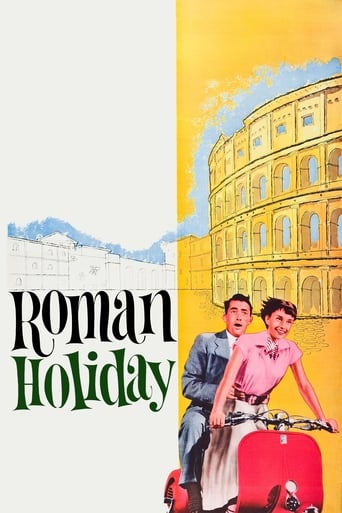
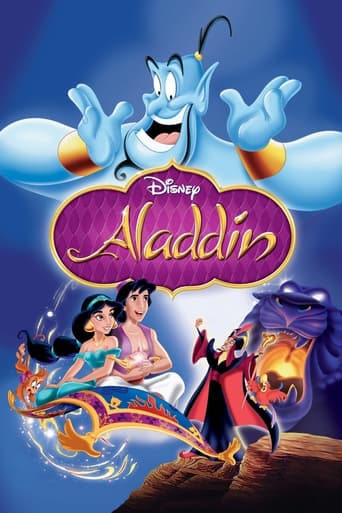


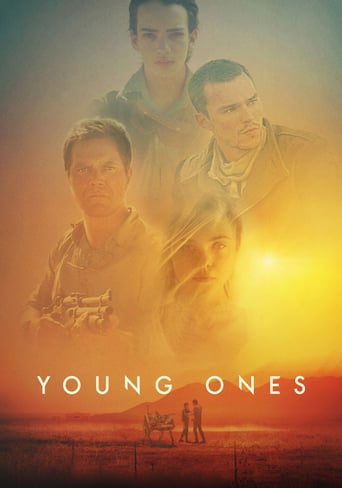
Reviews
You won't be disappointed!
A different way of telling a story
The film creates a perfect balance between action and depth of basic needs, in the midst of an infertile atmosphere.
After playing with our expectations, this turns out to be a very different sort of film.
No...simply NO! Do you enjoy campy films with near-zero story line? Experiencing the anguish of neurotic women who have no self-esteem...or the lying, cheating, thieving men who abuse them? Then: this film is for YOU! On a positive note, Venice is pretty and you get to see Piazza San Marco about 1,000,000 times.
To call Katharine Hepburn's Jane Hudson character in David Lean's acclaimed Summertime a sheltered woman doesn't even begin to scratch the surface of her character; calling her prudish or writing her off as shy doesn't truly summarize her well either. In the best terms I can conjure, Jane is somebody who silently craves human affection and companionship but is afraid to receive it and doesn't truly know how to reciprocate it. It reminds me of how many of my friends describe depression, as a force that basically condemns and belittles you for having know friends, yet the same mind able to create these kinds of thoughts is incapable of allowing you to remedy them in a social sense.Is Jane depressed? I don't think so. I think she's doing her best to believe she's content with being a secretary in an elementary school, a job that allows for little communication outside the realm of business. As a result, she has saved up enough money to finally take a vacation in Venice to hopefully break the monotony of her life and receive inspiration. Right off the bat, we can see Jane has done her homework on Venice and hasn't impulsively decided to take out three or four figures out of her bank account to fund a trip to a place she knows nothing about. She encounters a couple who has probably done a similar act of impulsion and rights many of the wrongs they make in judging the land and its customs before her ferry even arrives.Once there, Jane indulges in all the luxurious cafes and attractions by herself. This wouldn't be such a glaring issue if, for one, Jane looked happy whilst treating herself, or Lean's camera didn't intimately focus on the other tourists and couples indulging in the company of one another. Jane is an outsider in more ways than one here, being that she has no one to share her experiences with, and no one to come home to at night. One evening, while sitting in a cafe, Jane becomes uncomfortable with the presence of an Italian man and promptly leaves shortly after arriving.She later meets the same man, Renato de Rossi (Rossano Brazzi), at an antique shop in Venice, which he just so happens to own. The two wind up spending time together, as he shows her some of the most prized possessions in his shop. In the meantime, Jane also begins hanging out with a young boy, who often instigates or provokes her because of her lack of extroversion in social situations. The boy also serves as one of the defining forces of comic relief in the film. One particular moment where he shines involves Jane walking backwards whilst holding her camera, which she keeps close to her throughout the entire course of the film, in order to get the best shot of a landmark. As she's walking, Jane is oblivious to the river behind her, but just before she takes one step over the edge, the little boy grabs the camera right out of her hand, making no effort to save her or prevent her from falling.Summertime is one of those films that has an underlying sadness that quietly sneaks up on you as you're watching it. It's hard to notice at first, with Lean and cinematographer Jack Hildyard's sunny cinematography bleeding through the frame every chance it gets. This is one of the few films I know of that bears a disposition almost entirely built upon natural lighting, particularly in the indoor sequences, which still has a copious amount of sunshine coming through windows. Nonetheless, this device works almost as a contrast to the idea of Summertime, which is Jane's refusal to indulge in any kind of romance or happiness.It's not that Jane is happier alone - far too many times do we see her eating alone or doing some other typical social activity by herself where she looks incomplete. It's that she doesn't know how to build up a social relationship, nor does she seem to want to allow herself to get close to anyone she meets. Consider Renato, a well-meaning man who clearly sees Jane for who she is, a lonely and romantically repressed woman by her own volition rather than by circumstance. With that, Hepburn plays the character of Jane, a tricky role to put it lightly, in a superb manner. She always puts Jane's mannerisms before her own personal acting mannerisms, emphasizing Jane's very precise and specific movements that ultimately attempt to result in some sort of pleasure for herself. It's a role that is equally reliant on personal movements and patterns as it is on layered character development, and Hepburn nails both in the way she handles the role.Summertime is one of the brightest films about sadness I've yet to see; a seriously sad but ultimately charming film that works to detail the kind of alienation a person faces because of nobody other than themselves. Anchored by a fabulous performance by Hepburn and commendable cinematography, this is the kind of film that really replicates loneliness in that you can't shake it as much as you can simply recognize that something is wrong.Starring: Katharine Hepburn and Rossano Brazzi. Directed by: David Lean.
In this wonderfully dated film, Prudence Bell (Suzanne Pleshette) and Don Porter (Troy Donahue) are romantically involved young Americans in Rome. Prudence is a wisely named and intelligent young woman who in a way, presages the sexual revolution and women's movement that came later in the decade. She's a teacher who left her job after she was reprimanded for giving a student a romance novel. As a schoolteacher traveling alone to Rome, she's a far cry from the lonely spinster Katherine Hepburn played in Summertime (although Rossano Brazzi shows up again in this film) just seven years earlier. But Prudence is still holding out with Don until he commits himself to marrying her. Her opposite, Angie Dickinson, plays Lyda Kent, Don's ex-girlfriend who unlike Prudence, is sexually active and a rival for Don's affections. The adventure of Rome Adventure is really the adventure of young women and their sexuality. The film also is more of a travelogue about Rome and Italy than we would see in films today. These were the days before the advance of mass tourism and Americans didn't take trips to Europe for granted. The sights Prudence and Don see are astonishingly uncrowded by today's standards. Pleshette and Donahue are solidly unpretentious actors who were easy for their young audience to identify with. A charming period piece of a film.
Katharine Hepburn isn't the most overrated movie actress, and she certainly wasn't the worst. But she definitely could be too mannered for her own good. Witness her 1955 Oscar-nominated performance in this David Lean film.Playing a middle-aged single woman who comes to Venice in search of "mystery", and maybe a man to go with it, she pushes up her chin, clenches her teeth in an unconvincing smile, and calls everyone younger than her "cookie" to show she's hip...or something. Then when she finally meets the man (Rossano Brazzi), she can't get away from him fast enough.His line of woo is really one for the ages: "Eat the ravioli, my dear girl. You are hungry.""I'm not THAT hungry.""We're all that hungry.""Summertime" is a marvelous slide show in motion brilliantly featuring one of the world's most beautiful cities. But it never comes together as anything compelling. Lean leans on the superlative work of his cinematographer, Jack Hildyard, in lieu of story or characters.All we know about Kate's character, Jane Hudson, going in is that she's a private secretary who talks in capital letters, like: "I'm From Akron, Ohio, How Do You Do?". We know less about Brazzi's character, except that he sells possibly suspicious antiques and feels something for Jane. When they come together, we get Rossini, fireworks, and not much else other than an abrupt ending. Hey, I wasn't complaining too much. I just wanted it to be over.The secondary characters are even more from hunger. You get the McIlhennys, an American couple as pungent and unsubtle as the sauce they were no doubt named after. There's a painter, his patiently suffering wife, and a maid who sings like she should be on stage, not dusting blinds.Hildyard's brilliance nearly makes up for much. His camera-work captures a lot of amazing colors and detail, as well as a nice sense of dimensionality, like the way Jane's upper-story window looks down on the canals below. At one point, Hepburn even manages a natural line delivery of a good line: "In America, every female under 50 calls herself a girl...after, who cares?"Mostly Hepburn underlines and undermines her character's every emotion, squeezing already-overbaked dialogue too hard, like this consecutive series of lines to Brazzi: "Why did you do that? Oh, I don't think I want to see you again! I love you!" Even before the hugging and kissing starts, she makes sure you get her character's loneliness in every scene, tearing up and grimacing whenever she sees an affectionate couple pass her by on the Piazza San Marco. Lean doesn't help matters. When she meets Brazzi in his store for the first time, Lean makes sure to insert a harp glissando at the moment of their eye contact, in case you don't get the point something really big just happened.Love is a special thing. But you can gild the lily too much even in its service, and gild it even more for a big abrupt sad ending utterly wrong for the characters. Lean and Hepburn were movie legends, and justly so, but "Summertime" reminds you why they have detractors, too.
